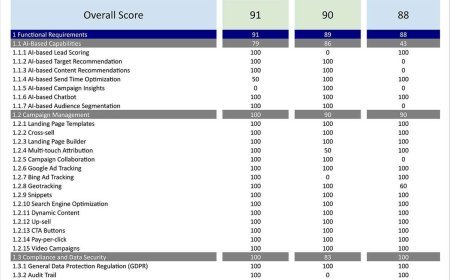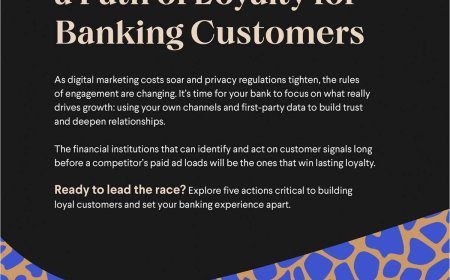Ethics in Digital Marketing: Navigating Trust in a Connected World

Ethics in Digital Marketing: Navigating Trust in a Connected World
In an era where digital marketing shapes how we discover products, services, and even ideas, the conversation around ethics has never been more important. As brands reach consumers through personalized ads, social media, and endless streams of content, questions about data privacy, transparency, and inclusivity come to the forefront. These are not just industry buzzwords-they reflect real concerns that affect people’s trust and the very foundation of meaningful relationships between businesses and their audiences.
Data privacy is one of the most sensitive issues in digital marketing. Consumers share a tremendous amount of personal information online, often without fully realizing how it’s collected or used. While this data helps marketers create tailored experiences, it also raises concerns about consent and control. People want to know their information is safe and that they have a say in how it’s handled. When companies are careless or secretive, it can lead to a breach of trust that’s hard to repair. On the other hand, businesses that prioritize privacy and clearly communicate their practices show respect for their audience’s rights and build stronger connections as a result.
Transparency ties closely to privacy but also extends to how brands communicate honestly about their products and marketing tactics. There’s a growing demand from consumers for openness-whether it’s about how products are made, what data is collected, or even the true intent behind an ad. When marketing feels misleading or manipulative, it not only damages a brand’s reputation but also contributes to a wider skepticism about advertising as a whole. Genuine transparency means being upfront about what customers can expect and avoiding exaggerations or hidden agendas. This honesty fosters loyalty and encourages people to engage with brands they can trust.
Inclusivity is another vital piece of ethical digital marketing. As brands speak to diverse audiences, there’s a responsibility to represent different voices fairly and avoid stereotypes or exclusion. Inclusive marketing recognizes that people come from varied backgrounds and experiences, and it aims to create campaigns where everyone feels seen and valued. This approach isn’t just morally right-it also makes good business sense, as it opens doors to wider markets and richer connections. By embracing diversity authentically, brands demonstrate that they care about more than just profit-they care about community.
Ethics in digital marketing is not always straightforward, as technology evolves faster than regulations, and cultural expectations shift. But it’s clear that businesses cannot afford to ignore these concerns. Consumers are more informed and vocal than ever, and they seek brands that align with their values. This calls for marketers to be thoughtful, deliberate, and empathetic in their strategies.
At its core, ethical digital marketing is about respect-respect for people’s data, their intelligence, and their identity. It requires listening closely, being accountable, and always putting the customer’s well-being first. Brands that commit to these principles don’t just achieve better results; they build lasting relationships rooted in trust and integrity.
In today’s connected world, where every interaction leaves a digital footprint, ethics are the compass guiding businesses toward a future where marketing is not just effective, but also responsible and humane. And that’s a future everyone can support.


























